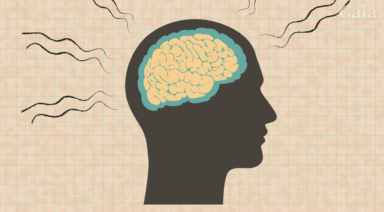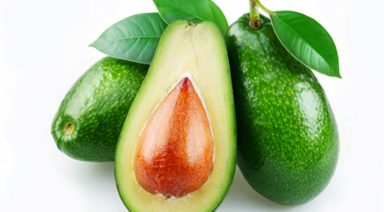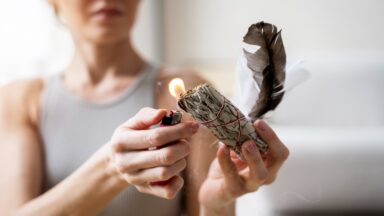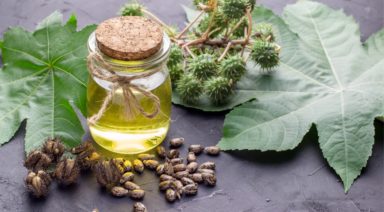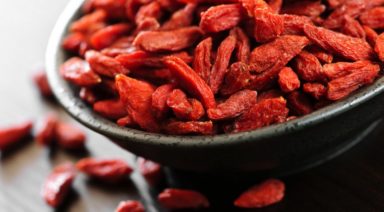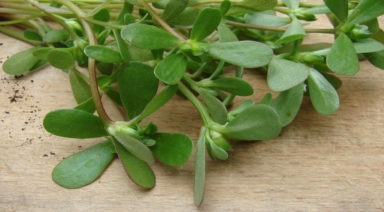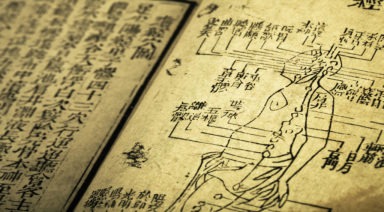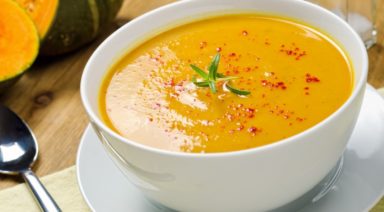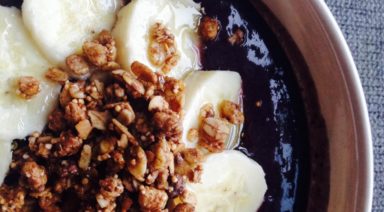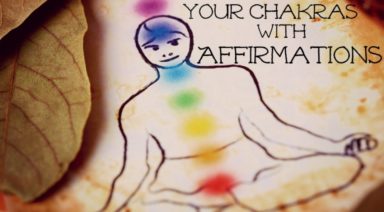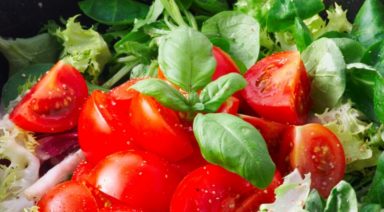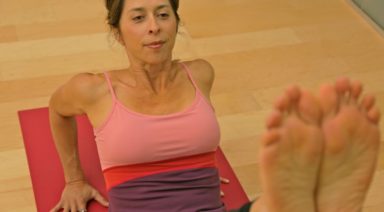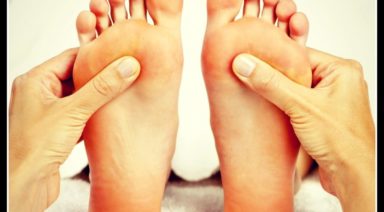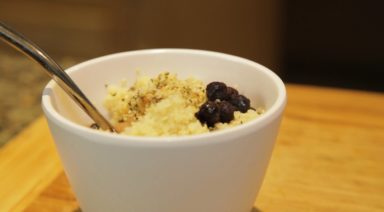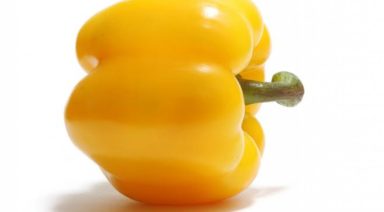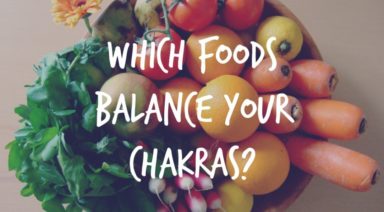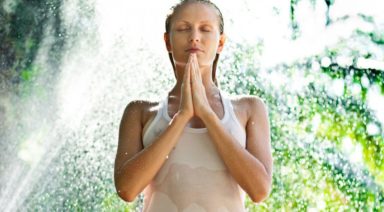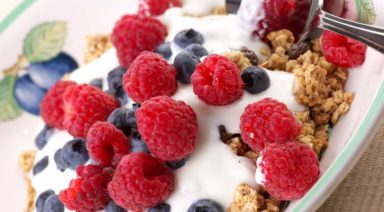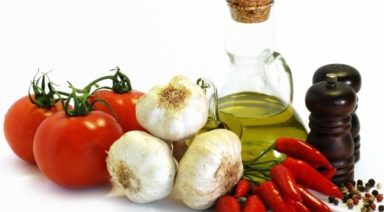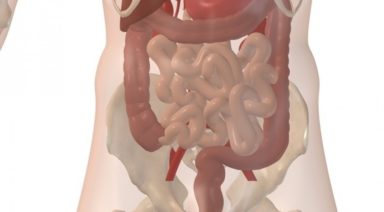Essential oils can remedy these 7 common ailments, naturally and toxin-free!
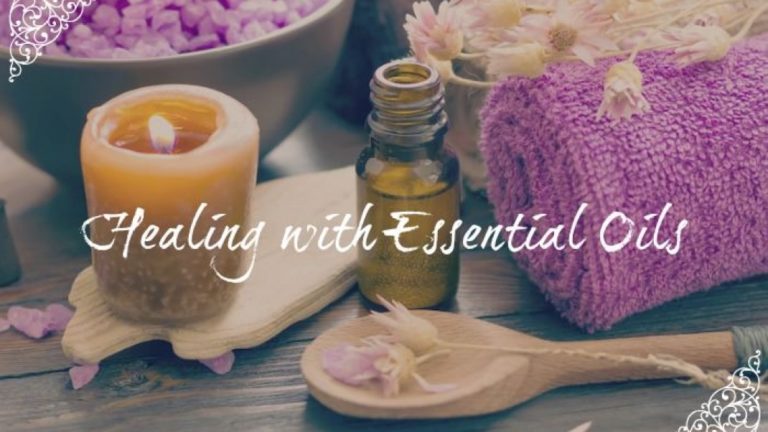
Because of their concentrated property, essential oils can have benefits that are up to 100 times more powerful than their dried herb counterparts. Therefore, it’s no surprise that they can do incredible things to heal your aches, skin and even psyche!
As we noted previously, most essential oils are high in antibacterial, anti-fungal, and antiviral properties, making them very suitable replacements for cleaners, wound treatment and salves big and small. They also have a small molecular size, which means they are absorbed well by the skin. Adding them to your lotions and salves induces healing, softening, and nourishing. However, if you’re worried, they do not accumulate in the body over time – they simply offer up their healing properties and then pass on through.
Essential oils are definitely an investment money-wise, so to make sure you’re getting the best effects out of your essential oils, be sure to reference our guide before buying out the store.
Despite their higher cost, they are well worth it. Check out this list of common health issues that we all face; there is an essential oil to counter each of them!
Sore Muscles:
Arthritis, rheumatic, sciatica and lower back pain have met their match. Black spruce oil can ease muscle tension. This is an evergreen extract that is getting a name for itself for soothing soreness and reducing inflammation. Historically, the Native Americans used spruce for medicinal, spiritual and practical reasons. They used it for protection and capturing the universal energy here on earth the earth plane. Now, it’s an effective remedy for your post-workout soreness or recurring muscle aches.
Cough or Cold:
Eucalyptus is a powerful antispasmodic, antiviral and antibacterial oil that is ideal for coughs and colds. Adding a few drops to a basin of steaming water to inhale, or a vaporizer, can help disinfect and clear both the nasal passages and lungs. Some eucalyptus on a handkerchief is a handy way to inhale the powerful oil throughout the day, and regular use during cold season may help prevent a full cold.
Fatigue:
Ever taken a whiff of peppermint? You feel fresh and peppy after just smelling your mint tea or peppermint latte! Simply inhaling the peppermint scent usually has this great energizing effect. Take advantage of it by adding a few drops to massage oil or an aromatic diffuser (a device that spreads the scents of essential oils). It’s thanks to the menthol in peppermint that brings on an intense cooling feeling. However, when you put it on your skin, make sure it’s diluted first, as its concentrated form can be a bit overwhelming for your sensitive skin.
Stressed Out:
Lavender oil is just the cure you’ve been looking for. If you’ve never indulged in a sweet lavender bath, you’ll never go back! Just add a few drops to a hot bath; you’ll melt with relaxation in the tub. Do this relaxing ritual before bed, and you’ll knock out like never before. How it works: when inhaled, the tiny molecules of essential oils from the lavender family have been shown to affect the limbic system, which influences emotions, behavior, breathing and stress.
Skin Woes:
Lots of acne? Scars? Aging skin? Add a little rosehip seed oil into your daily facial scream to help oxygenate and heal skin, as well as slow the signs of aging. Rosehip seed oil is high in unsaturated fatty acids, which can help regenerate cell membranes, minimize age spots and wrinkles, reduce scars and treat sun damage.
Out of Focus:
There’s a bit of research being done that shows that the scent of vetiver oil might help you with concentration and memory (if you’re a student, this could come in handy while studying for finals!). It comes from the roots of a perennial grass. Just dab some oil on your temples or the base of your neck when you’re facing distraction or about to head into a concentration-heavy situation.
Wounds:
If you or a family member receive a cut, infected wound or scrape, use melrose oil. Melrose will help prevent infection, especially in open wounds. It is an excellent antiseptic and tissue regenerator. To use, dilute it in a 50/50 ratio (one part essential oil: one part of vegetable oil). Then, you can apply several drops (2-4) to cuts, burns, rashes or wound.
How the Placebo Effect Really Works

Remember that time Ron believed Harry gave him Liquid Luck?
Felix Felicis, known in the wizarding world as Liquid Luck, is a magical potion that gives it’s drinker good fortune. For a period of time, everything the drinker attempts will be successful. So in the following scene, we see Ron dominate the quidditch match and become Gryffindor’s latest hero. But of course, there’s a catch, Harry didn’t actually put the potion in Ron’s drink at all. This is a prime example of the placebo effect.
A placebo is a treatment with no active therapeutic properties. And it’s often used as the control in clinical trials to test the effectiveness of new pharmaceutical drugs. But the effect refers to the physiological phenomenon that usually happens to the control group who was given the placebo treatment.


